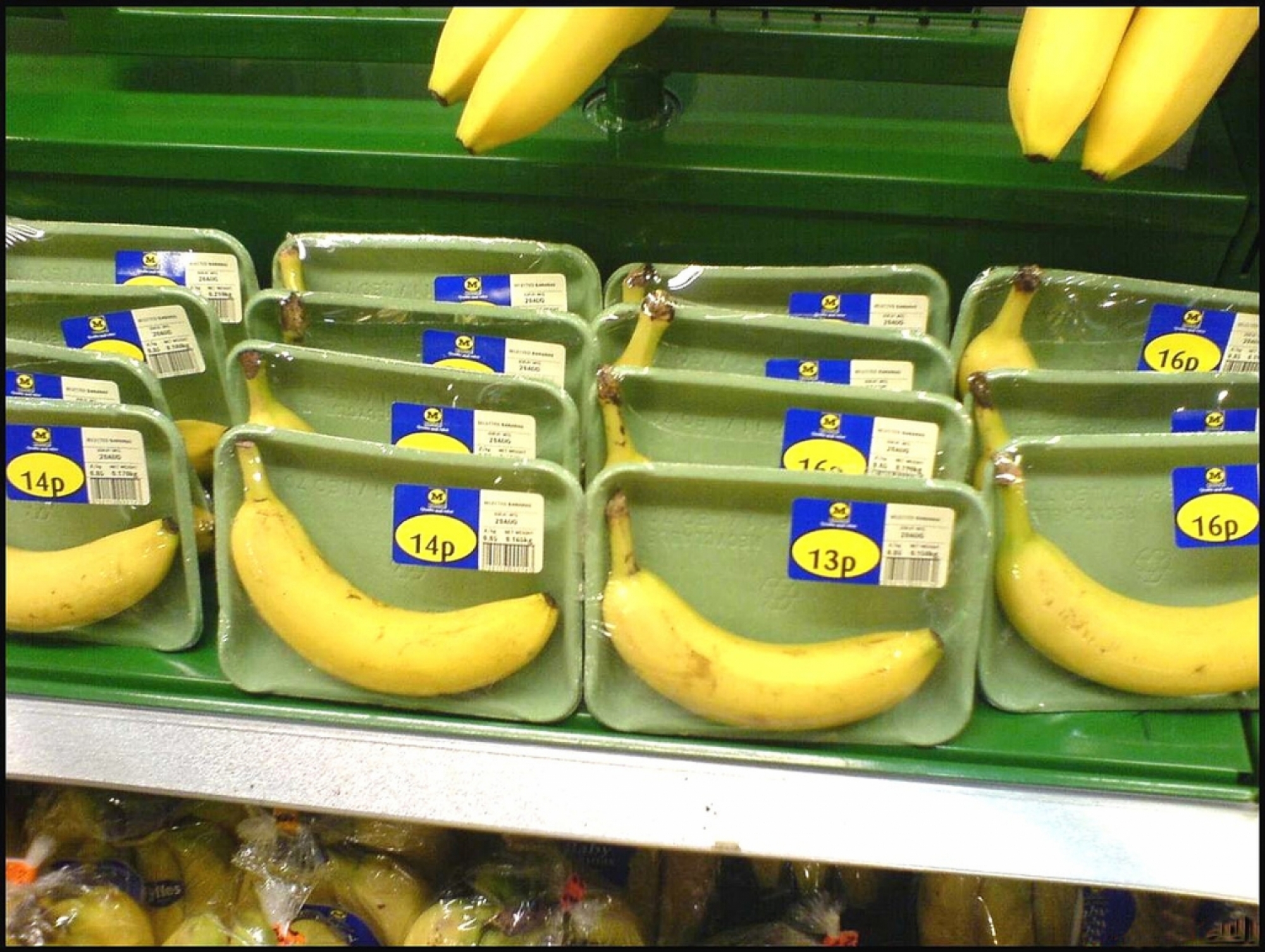Walk into any supermarket and you’ll notice an abundance of fruit and veg on offer, most of it loose and presented just as nature intended. Concerningly though, there has been an influx of needless plastic packaging used to ‘protect’ and display fruit and vegetables on supermarket shelves.
Packed into plastic trays and bags, anything from apples and potatoes to sliced melon, carrots or celery sticks can end up wrapped in plastic in order to provide a frankly unnecessary ‘convenience’.
A widely publicised example of this excessive use of packaging was noted on social media channels recently with people posting photos of peeled avocados wrapped in plastic packaging to keep them ‘fresh’. Not only did this shine a light on an incredibly wasteful use of packaging but also highlighted the obvious point that an avocado does in fact come in its own natural ‘packaging’, which serves to protect it until it is opened, just like all produce.
The frustration surrounding the use of plastic in this way has obviously struck a nerve with the general public – a petition attracting almost 71,000 signatures is currently underway and is looking likely to be presented to UK parliament in the coming weeks. Yet another sign that, for many consumers, enough is enough.
There are of course items such as grapes, raspberries, strawberries or blueberries that require an element of packaging to keep them together for practical purposes. In these instances, plastic punnets are all too prevalent and could easily be replaced with cardboard trays, cartons and boxes to provide an adequate level of protection.
Looking at research conducted by WRAP surrounding consumer attitudes to food packaging and waste, it is clear to see that over-use of plastic is a definite concern. With participants citing their worries regarding the unnecessary use of plastic to pack tomatoes in trays which are then wrapped in more plastic, through to the confusion surrounding which plastics can and can’t be recycled, the recurring point of concern does seem to surround the use of plastic packaging.
From an environmental perspective, cardboard is far superior. It is made from natural and sustainable resources, is biodegradable, and is far easier to recycle once the product is taken home – particularly since kerbside plastic recycling services are limited.
The information fog around the impact of plastic packaging on health, whether through migration of harmful chemicals or through micro plastics re-entering the food chain, is another source of consumer concern and a strong reason for brand owners and retailers to consider cardboard alternatives.
While plastic may have its value in some scenarios, particularly where a moisture barrier is essential, consumers are legitimately questioning its role among produce packaging. With cardboard presenting so many advantages as an alternative, it is hard to see why the push for plastic continues.
